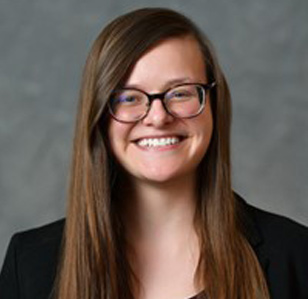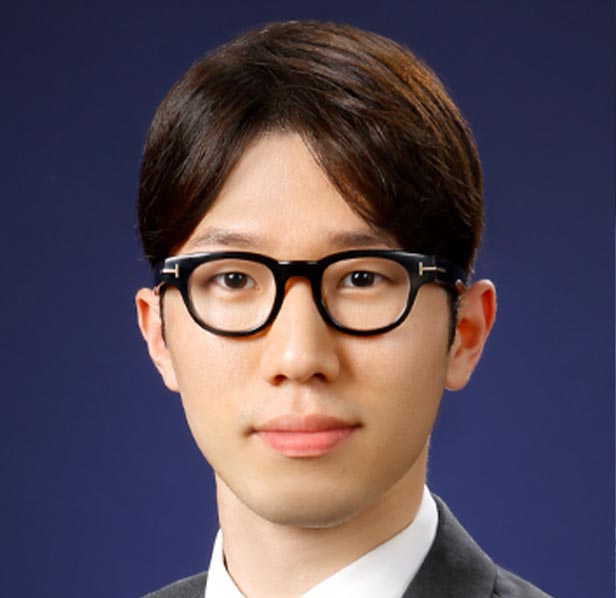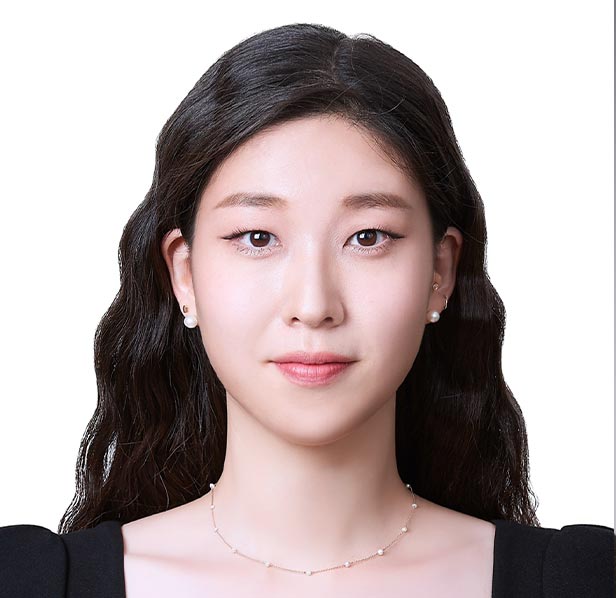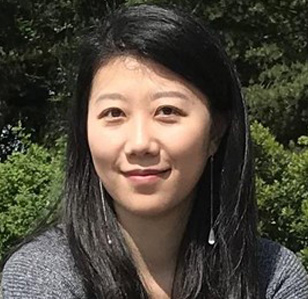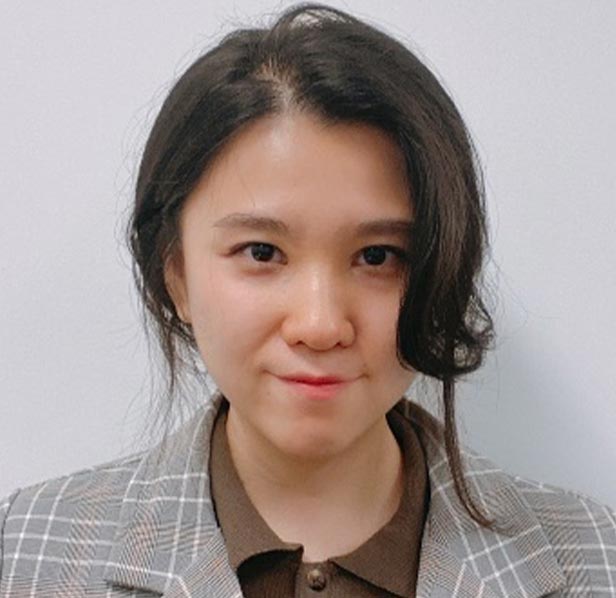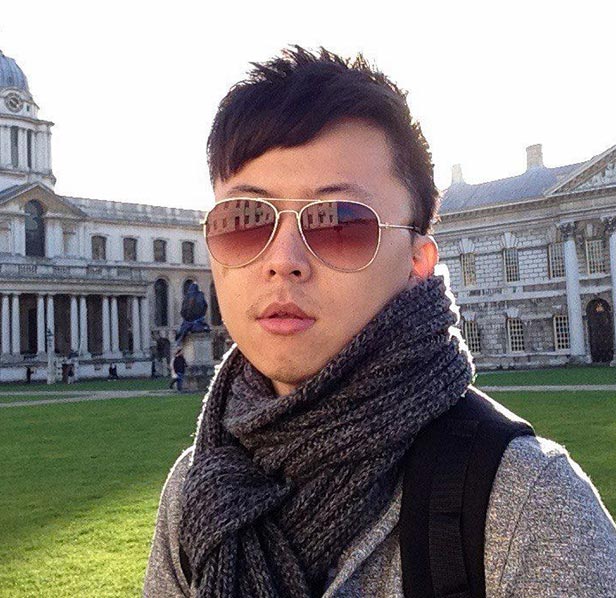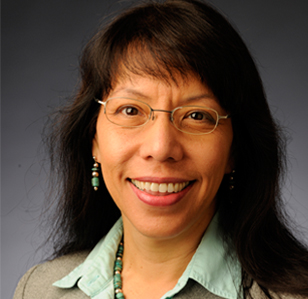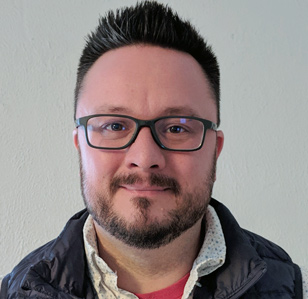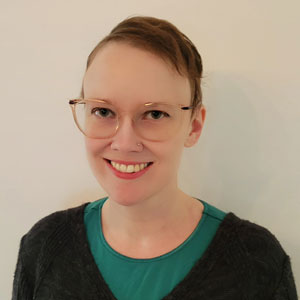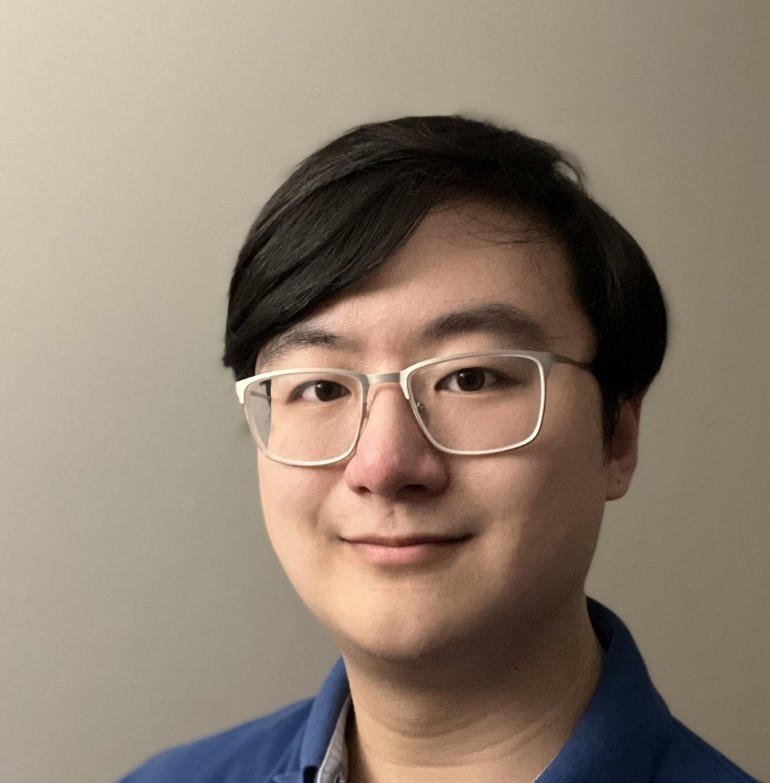Extended Reality Lab
The Extended Reality Lab is a multi-disciplinary research facility that is dedicated to examining the ways in which extended reality (virtual reality, augmented reality and mixed reality) affects users.
The research projects pursued in the Lab make use of state-of-the art extended reality technologies and incorporate different methodologies ranging from experimental psychophysiological research studies to focus groups. The Lab’s approach is interdisciplinary and includes collaborations between professional content developers and researchers from STEM, the social sciences, humanities, arts and education.
Extended Reality Lab Doctoral Students
Extended Reality Lab Professors
Extended Reality Lab in the Media
ITS In-Depth: Extended Reality – Information Technology Services – Syracuse University
5 higher-ed programs using XR to transform how college students learn (hp.com)
Resources
The Extended Reality Lab is a dedicated research facility equipped with cutting edge virtual and augmented reality devices, equipment, and software. In addition, the Lab is equipped with a variety of different research tools. These include a range of psychophysiological research equipment, including BioPac sensors and software, a functional near infrared spectroscopy system (fNIRS), and the HP Omnicept Reverb. The lab space includes an observational booth as well as recording equipment.
Workshops and Training
The Extended Reality Lab is sponsoring a series of workshops. The psychophysiological workshops offer instruction in the use of psychophysiological research methods, including heartrate, skin conductance, and eye-tracking and other research tools. The Virtual Reality Creation workshops provide instruction in the creation of virtual reality content using Unreal Engine. Workshops are open to interested SU faculty and students.
The Lab co-sponsored with the Falk School a training session in the use of the functional near infrared spectroscopy system (fNIRS).
Research (recent papers)
Lee, H., Yang, J., Chuenterawong, P., & Chock, T. M. (2022) The effects of machine heuristic on virtual influencers’ perceived source authenticity in social media advertising. Submitted for presentation to the Communication Technology division of the AEJMC, Detroit, MI. s
Lee, H., Yao, S., Starling-Davis, E., Kim, S. J., & Chock, T. M. (2022). The Effects of Presence on Psychological Ownership, Product Involvement, and Intention to Rent in Apartment Advertising. Accepted for presentation to the Information Systems Division of the 2022 annual conference of the International Communication Association, Paris, France. s
Lee, H., Kim, S. J., Yao, S., Lee, S., & Chock, T. M. (2021). The harder the battle, the more we talk: The effects of perceived risk of player-death on game enjoyment in a mobile FPS game. Presented to the Game Studies Division of the annual conference of the International Communication Association, Virtual Conference. s
Yao, S., Lin. T., Kim, S. J., Lee, H., & Chock, T. M. (2021). Hesitating to use VR? How personal experience, risk perception and emotions shape the adoption of VR. Presented to the Health communications Division of the annual conference of the International Communication Association, Virtual Conference. s
Lee, H., Kim, S. J., Yao, S., Lee, S. Y. & Chock, T. M. (2020). Are you engaging the game? Effects of the challenge and the interaction toward game engagement in mobile FPS games. Presented to the COMSher Division at the annual conference of the Association for Education in Journalism and Mass Communication, Virtual Conference.
